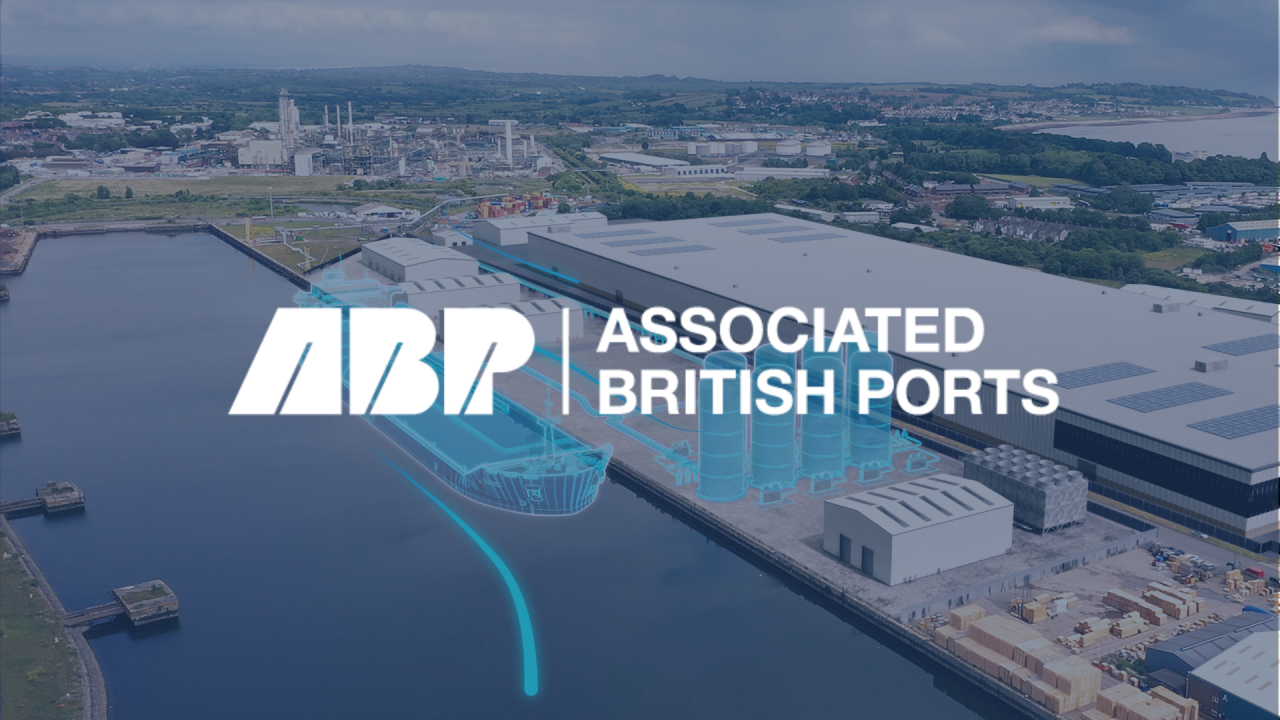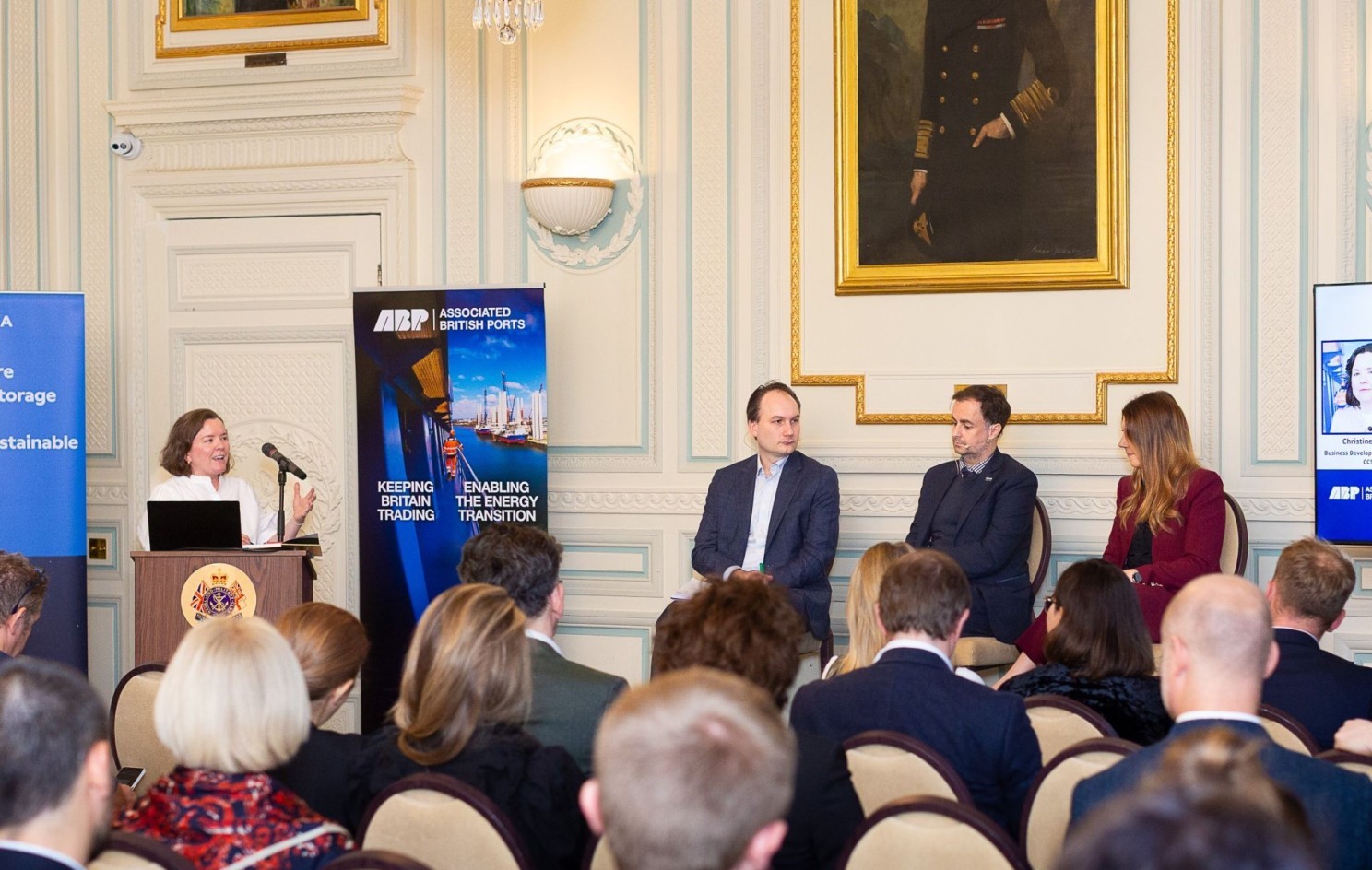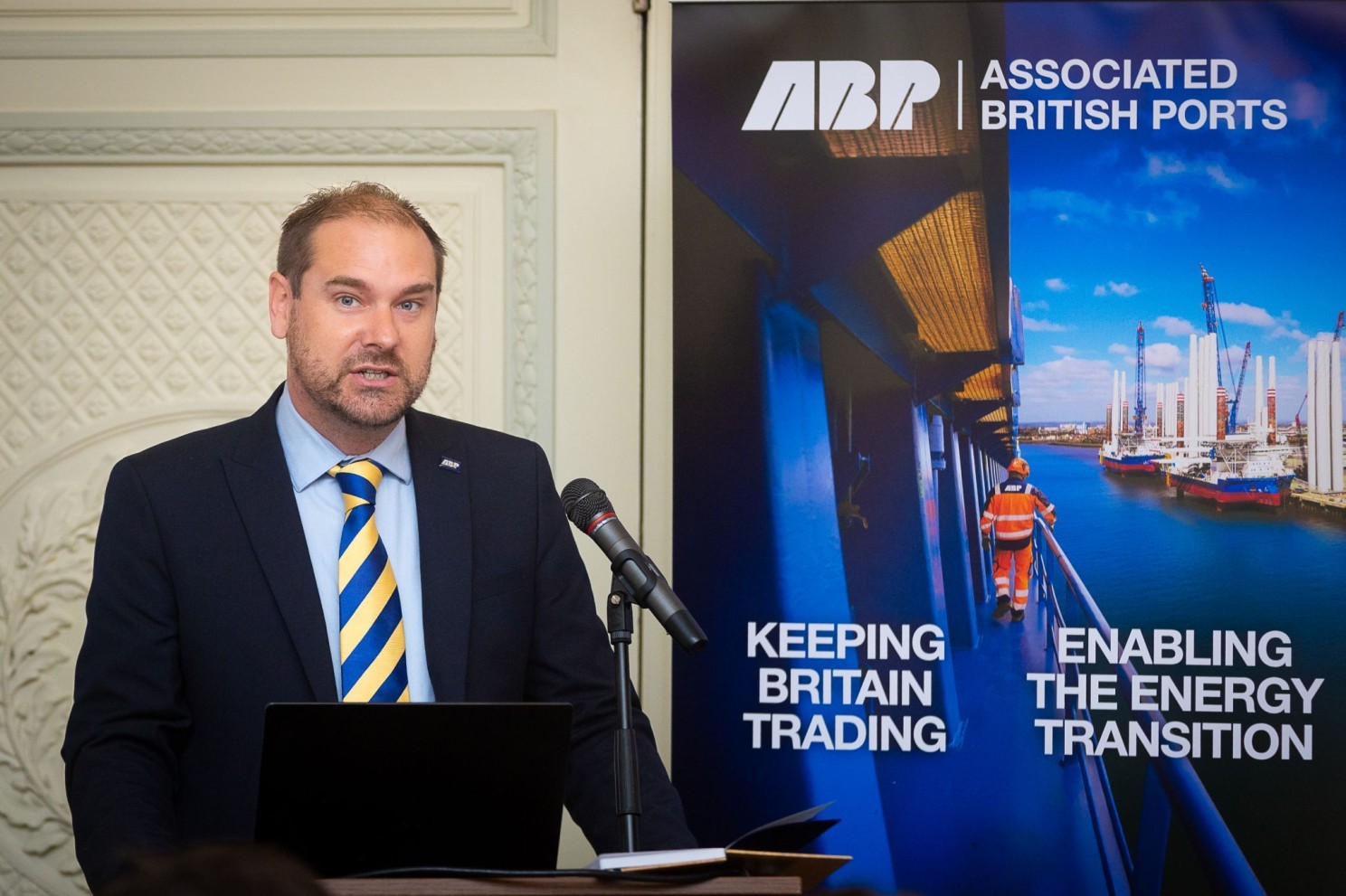In the context of the current fiscal environment, a lot of narrative in the UK has shifted to consider the cost implications of the energy transition the country needs to make. In the piece below, our Group Head of Business Development, Ralph Windeatt, reflects on how we can get there in a way that drives growth and protects jobs.
Carbon Capture and Storage (CCS) is rightly at the heart of our decarbonisation strategy, as signalled by the Government’s £22 billion commitment to the Track 1 Clusters. This has been followed by a commitment to development funding for Track 2 clusters with a view to taking an FID in this parliament (i.e. before 2029). Investment in these projects is a crucial step for delivering a game-changing industry for the UK. However, if we want to make it work for the whole country, not just a handful of clusters fortunate to be at the end of a pipeline from a geological store, we need to broaden the conversation. That means looking beyond pipelines that anchor the networks and towards CO₂ shipping.
Shipping isn’t just a technical alternative to pipelines, it has the potential to be a strategic enabler for CCS networks. It allows emitters within regions that do not benefit from direct pipeline access to geological storage to benefit from CCS solutions. That means more businesses can decarbonise, more regions can benefit, and more investment can flow into the UK’s coastal economy; for example the Thames, Solent and South Wales clusters. Crucially it also enables cross border shipping of CO2; allowing UK stores with the ability to export storage services and EU emitters to access more cost-effective storage.
Further by increasing the scale of CCS networks with shipping, we can drive scales of economy. This will make carbon capture technology less expensive for UK emitters and reduce the reliance on government funding support for future projects. Picture the new liquefaction plants, loading terminals, and specialised vessels, representing capital investment this could bring, creating skilled jobs and accelerating regeneration in the communities that need it most.
ABP’s Ports in Immingham, Hull, and Port Talbot aren’t just well-placed to support CO₂ shipping, they’re ready to become market-leading innovation hubs. Coupled with the UK’s vast offshore storage capacity, we have the ingredients to become a global hub for CO₂ transport and storage.
A pan – European storage solution
The EU’s Industrial Carbon Management Strategy sets ambitious plans for carbon capture across Europe; targeting 50 million tonnes per annum by 2030. It is widely recognised that many European emitters don’t have access to suitable geological storage for their CO₂. At the same time, the UK has plenty of storage which means that it has a major competitive advantage and a strong solution to offer.
According to a recent report by the CCSA and Xodus Group, a Europe-wide CO₂ market could reduce storage costs by up to 20%, which would save billions. This highlights how cross-border shipping to unlock mutual benefits for the countries involved and places added urgency for the UK to participate in this supply chain.
In addition, according to research by Clarksons and the CCSA, the commercial model of this arrangement stacks up but what is needed is regulatory alignment. This is a crunch point and Government leadership matters. We need to resolve issues around ETS recognition and the London Protocol to be able to move forward.
There are still many sceptics when it comes to whether CO₂ shipping is worth it. If we are looking for proof that it can work, we need look no further than Norway’s Northern Lights project. It’s Europe’s first large-scale, open-access CO₂ transport and storage network. Now operational, it’s a blueprint for what we can build with the right levels of investment and collaboration.
Building resilient networks
A network of pipelines will form the backbone of many CCS networks. The clear advantage that shipping can bring alongside to compliment this is resilience, flexibility and scalability. Shipping is not geographically fixed, connects geographically isolated regions across smaller sites and drives scale through aggregation at hubs. Research by the IEAGHG, which accentuates the point that shipping offers fault tolerance, flexibility, and scalability.
Meeting a rise in demand
Shipping will be essential to meeting the steep rise in demand for CO₂ transport, which has been projected by the Global CCS Institute, estimating that there will be a 100-fold increase in CCS capacity needed by 2050. Meanwhile, the CCS Europe and the Zero Emissions Platform has mapped out the European CO₂ shipping market for 2030 and have called for standardisation, investment, and regulatory clarity.
DNV’s Energy Transition Outlook is worth a read on the role of ports specifically and delves into how they will the linchpins of CCS. Because ports connect emitters to storage via multimodal transport are play a role as anchors for the entire value chain.
ABP LISW event - CO2 shipping: Expert insight on delivering the growth potential
Let’s not miss the boat
As the UK's largest port operator, we are committed to raising awareness of the huge economic opportunities CO₂ shipping can bring. That is why, during London International Shipping Week 2025, we were delighted to welcome colleagues from industry, research and policy, to our joint CO₂ shipping event with the Carbon Capture and Storage Association. Guests heard from our panel of experts, chaired by Christine Watts (ABP), which included Mark Sommerfeld (UK Director, CCSA), Katie Mutch Commercial Adviser – Energy Transition, Harbour Energy) and James Peter Hammond (BEc W.Aust) (Business Development Manager - Maritime UK & Ireland, DNV).
The panel highlighted the leading role the UK has held in developing the CCS industry. But it is important to note that the competition is not sleeping. Other nations with strategic geological storage assets with CO2 connectivity are pressing ahead and we should too. To unlock this opportunity we need urgent action to finalise business models for CO2 shipping, alignment of the UK/EU ETS and ratification of the London Protocol.
Let’s not miss the boat and seize the opportunities related to CO2 shipping.
Our stores are readying and our ports stand ready. The opportunity is real. The future is ours to chart.



